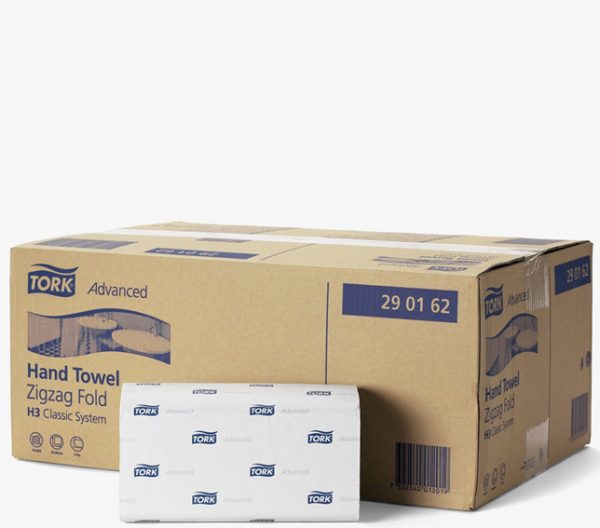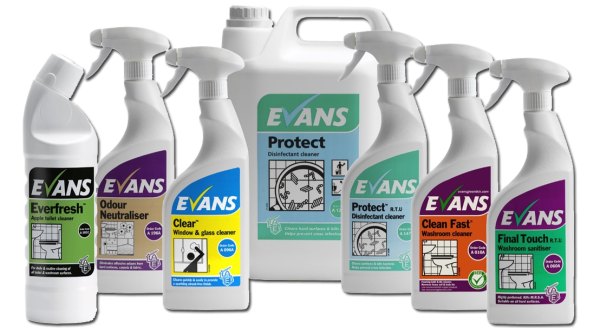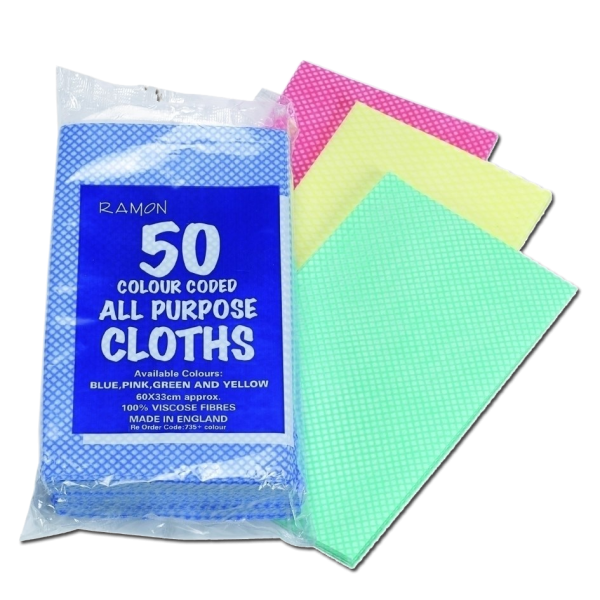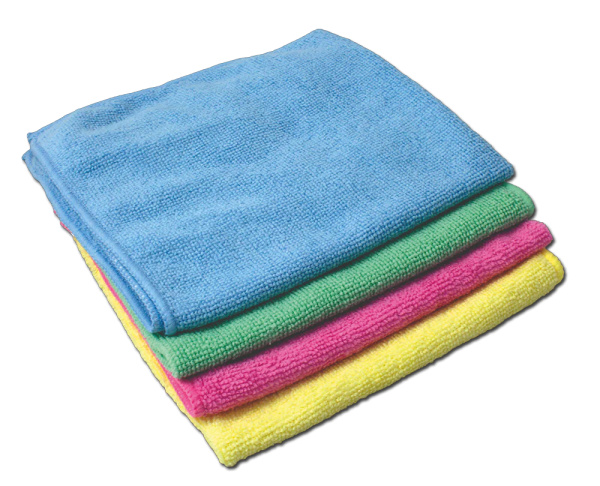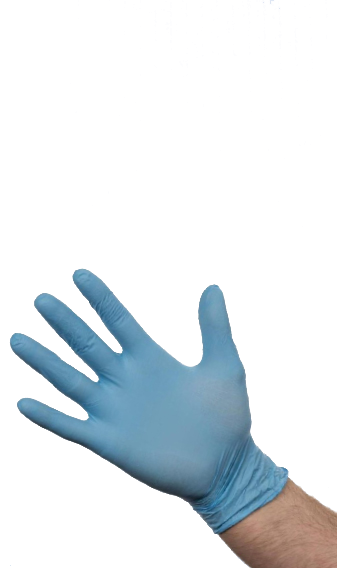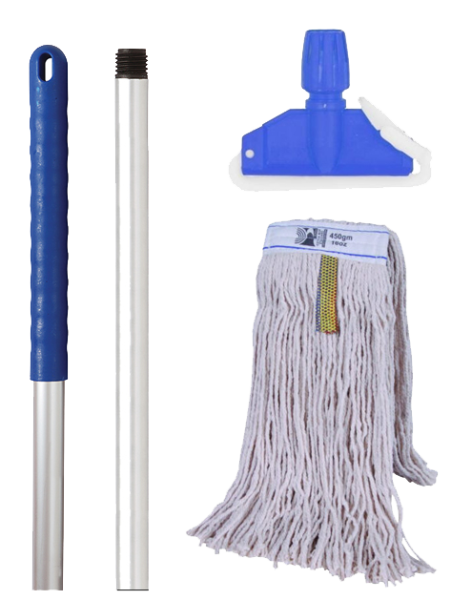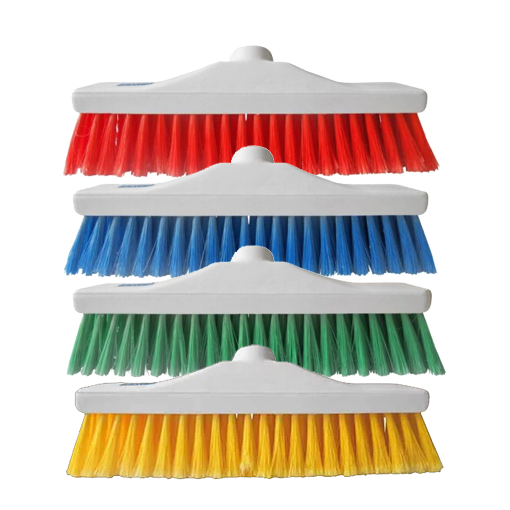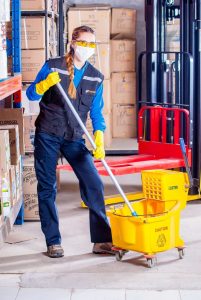Loorolls Blog
How To Cater For Allergies In The Workplace
A hygienic and healthy workplace is imperative for numerous reasons. First of all, it is a legal requirement that workplaces maintain a certain degree of cleanliness and businesses that fail to uphold those standards may find themselves the defendant in a lawsuit. However, a hygienic workplace can also encourage employee productivity and happiness that in turn leads to a reduced turnover and a greater quality of work.
There are obvious ways that a workplace can maintain a decent level of hygiene. Loo rolls should be replaced on a regular basis, cleaning should be regular and any hazards that put employees at risk should be swiftly removed. However, there is one thing that many employers forget to take into account when considering office hygiene: allergies.
Allergies are common across the United Kingdom and although we tend to associate them with things like hay fever they can come in many forms. They can be common ones like an allergy to certain types of food such as nuts. However, they can also be uncommon occurrences like those to copper or water. Just because they are unusual does not make them any less severe; people have been known to experience serious allergic reactions with these allergies.
A survey several years ago found that as many as 5.7 million people could be allergic to their workplace and this can impact their ability to work. 14% of people in that same survey admitted to taking between four days and two weeks off work because of their allergies. Therefore, as an employer, it is your responsibility to ensure that you cater to your employee’s needs when they have an allergy. In some instances, it may even be your duty if their allergy is so severe as to be categorised as a disability under the Equality Act 2010.
What can employers do to manage the situation if they have a worker who is suffering from an allergic reaction to their office environment? Sometimes, it can be as simple as having hand towels and cleaning products available. At other times, it can be as easy as removing certain items that instigate the allergic reaction. However, if the nature of their work directly conflicts with their allergies (for example, handling equipment that causes a reaction) then the employee may need to be provided the correct gear necessary to mitigate it. This could be, paper hand towel for surface wiping, latex gloves or respiratory devices depending on the nature of their allergies. Alternatively, employers may need to find an alternative role within the organisation if this does not suffice or relocate their duties to a part of the office that does not facilitate an allergic reaction.
A large portion of the British population suffers from allergies. Employers need to be aware of instances when this might impact staff in a work environment and take immediate action to ensure it does not reduce their ability to perform their duties. Otherwise, they may end up with unhappy employees. Or, even worse, they may end up in an employment tribunal.

